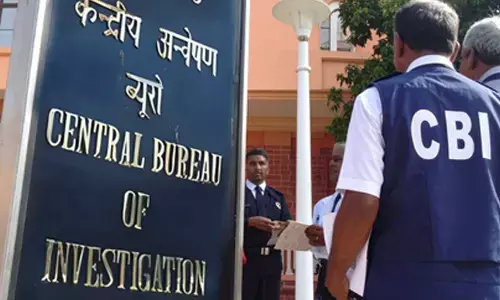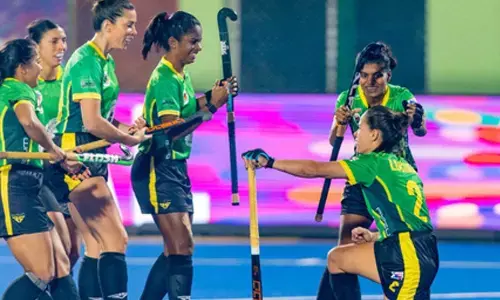Section 66A goes

The judgment of the Supreme Court striking down Section 66A of the IT Act has once again upheld civil liberties and fundamental rights of citizens. The misuse and rather abuse of this controversial section led to widespread demand for abrogating it from internet users and all those who cherish democracy and free speech. Section 66A reads: \"Any person who sends by any means of a computer resource any information that is grossly offensive or has a menacing character;
It purports to authorise restrictions on the fundamental right contained in Article 19(1) (a) in language wide enough to cover restrictions both within and without the limits of constitutionally permissible legislative action
The judgment of the Supreme Court striking down Section 66A of the IT Act has once again upheld civil liberties and fundamental rights of citizens. The misuse and rather abuse of this controversial section led to widespread demand for abrogating it from internet users and all those who cherish democracy and free speech. Section 66A reads: "Any person who sends by any means of a computer resource any information that is grossly offensive or has a menacing character; or any information which he knows to be false, but for the purpose of causing annoyance, inconvenience, danger, obstruction, insult shall be punishable with imprisonment for a term which may extend to three years and with fine."
Section 66A arbitrarily, excessively and disproportionately invades the right of free speech and upsets the balance between such right and the reasonable restrictions that may be imposed on such right. That the content of the right to freedom of speech and expression under Article 19 (1) (a) remains the same whatever the means of communication including internet communication is clearly established by this judgment. The SC also held that the wider range of circulation over the internet cannot restrict the content of the right under Article 19(1) (a) nor can it justify its denial.
The article 19 (1) (a) of the constitution guarantees freedom of expression subject to reasonable restriction under article 19 (2). But, this does not give sweeping powers to State to curb the fundamental right to free speech. The Supreme Court thus rightly held, ”It is thus clear that not only are the expressions used in Section 66A expressions of inexactitude but they are also over broad and would fall foul of the repeated injunctions of this Court that restrictions on the freedom of speech must be couched in the narrowest possible terms.”
Judged by the standards laid down in several judgments of Supreme Court, it is quite clear that the expressions used in 66A are completely open-ended and undefined. The Section is unconstitutional also on the ground that it takes within its sweep protected speech and speech that is innocent in nature and is liable therefore to be used in such a way as to have a chilling effect on free speech and would, therefore, have to be struck down on the ground of over breadth.
Section 66A purports to authorise the imposition of restrictions on the fundamental right contained in Article 19(1) (a) in language wide enough to cover restrictions both within and without the limits of constitutionally permissible legislative action. Therefore, the Section 66A is struck down in its entirety being violative of Article 19(1) (a) and not saved under Article 19 (2). It cannot be over emphasized that when it comes to democracy, liberty of thought and expression is a cardinal value that is of paramount significance under our constitutional scheme.














